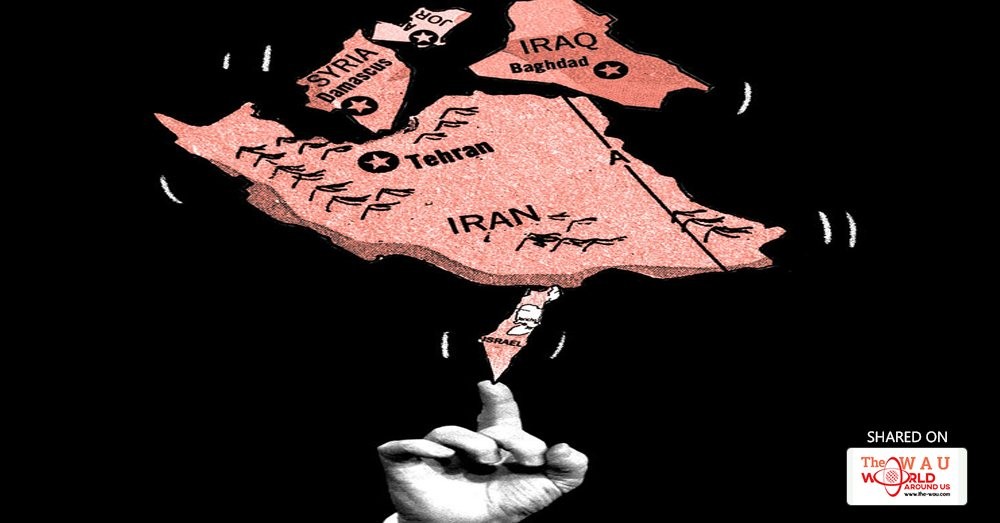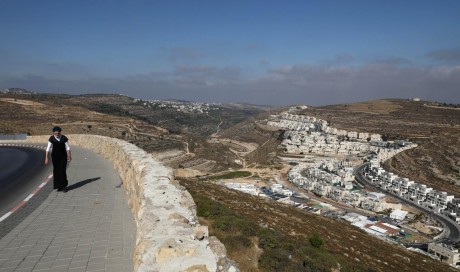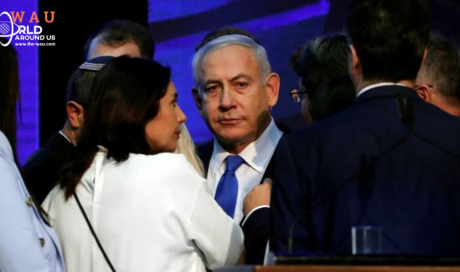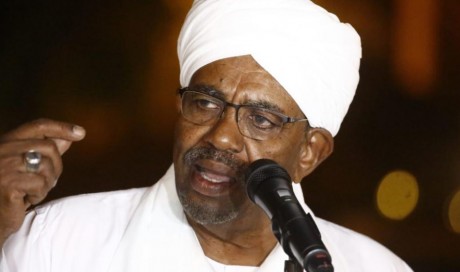It’s a fair bet that the first meeting on Wednesday between President Trump and Prime Minister Benjamin Netanyahu of Israel will feature big smiles and reassuring words. Both men are eager to demonstrate that the hostility that poisoned Mr. Netanyahu’s relations with President Barack Obama is a thing of the past.
But personal chemistry can go only so far. The issues facing the United States and Israel, which include addressing the conflict between Israelis and Palestinians and restraining Iran’s assertiveness in the region, are as tough to resolve as they are consequential. If Mr. Trump chooses to stand up for America’s national interest and not just cater to the hard-line views of Mr. Netanyahu’s Likud government, there are likely to be rough patches ahead.
On the Israeli-Palestinian conflict, Mr. Trump has set himself a high bar. Despite the failures of his predecessors, he has announced he intends to pursue a peace agreement “for humanity’s sake,” calling it the “ultimate deal.” Mr. Trump reportedly will appoint his son-in-law, Jared Kushner, as his special envoy. Naming a family member to this sensitive role would be a powerful signal, since there could be no doubt that Mr. Kushner speaks for the president. But it would also mean the Mr. Trump could not distance himself if the initiative collapsed. And Mr. Trump, who is learning (we hope!) diplomacy on the job, would be taking a big risk relying on someone who also has no experience in the arcane and treacherous world of Middle East peacemaking.
What kind of peace the president envisions is unclear. Since the 1993 Oslo peace accords, the United States has been committed to a two-state solution. But the Palestinian leadership is weak and divided, and, for years, Mr. Netanyahu has aggressively built homes for Israeli settlers on land in the West Bank and East Jerusalem where Palestinians hope to have their state. Now, Mr. Netanyahu is under increasing pressure from far-right members of his fractious governing coalition to officially abandon the goal of two states, the only just solution to the Israeli-Palestinian conflict. As Mr. Netanyahu left Israel for Washington on Monday, he refused to tell reporters if he still backed a two-state solution.
Also on Monday, The Jerusalem Post reported that Trump administration officials had said Mr. Trump supported the goal of two states; if that’s true, he needs to say so himself. His administration also has to show substantially more respect for the Palestinians, something it did not do when it blocked the appointment of Salam Fayyad, an esteemed former Palestinian prime minister, as United Nations envoy to Libya.
Mr. Trump is aiming to get Sunni Arab countries, like Saudi Arabia and Egypt, to prod the Israelis and Palestinians to forge an agreement, rather than having Israelis and Palestinians first directly negotiate a deal that would then lead to peace with the broader Arab world, according to The Times. Other presidents also tried this “outside in” approach. But this moment seems riper for it. The Arabs have found common interest with Israel because of a shared antipathy toward Iran. One danger of this Arab-focused approach, which Mr. Netanyahu has long favored, is that Palestinians could find themselves confronted with a precooked deal they consider unjust.
Although Mr. Trump signaled during the campaign that he would be Israel’s unquestioning defender, his recent statements have moved from harsh rhetoric to more nuanced positions, at the urging of Arab leaders. For instance, after insisting that on becoming president he would immediately relocate the United States Embassy from Tel Aviv to Jerusalem, Mr. Trump has hesitated, at least temporarily. Similarly, while initially voicing unquestioned support for Israeli settlement building, the administration recently said that expanding settlements “beyond their current borders may not be helpful” in achieving peace.
Mr. Trump is showing signs, in other words, of glimpsing the complexity of the task before him. This is not remotely like any other real estate deal he has ever attempted. We hope he can confound the skeptics, including ourselves, and pull it off.
Share This Post















